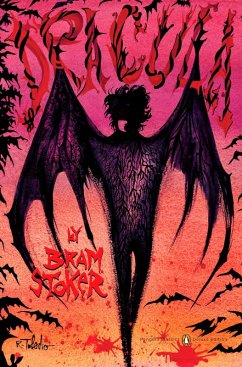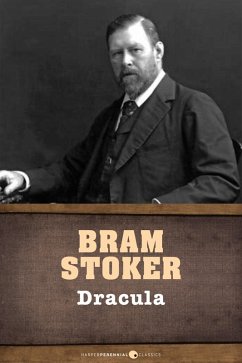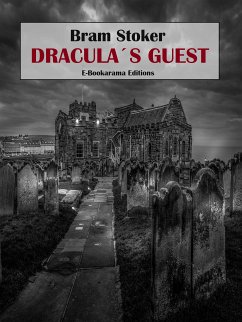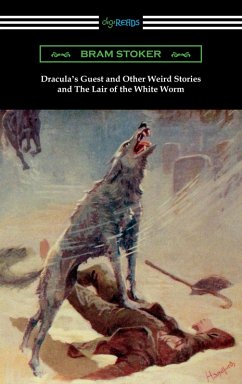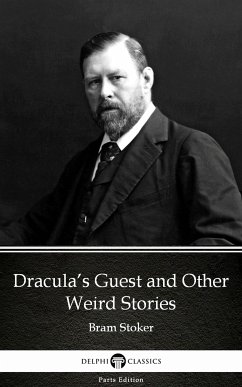
Dracula's Guest and Other Weird Stories (eBook, ePUB)
Versandkostenfrei!
Sofort per Download lieferbar
1,97 €
inkl. MwSt.
Weitere Ausgaben:

PAYBACK Punkte
0 °P sammeln!
"Dracula's Guest" follows an Englishman on a visit to Munich before leaving for Transylvania.
Dieser Download kann aus rechtlichen Gründen nur mit Rechnungsadresse in A, B, BG, CY, CZ, D, DK, EW, E, FIN, F, GR, HR, H, I, LT, L, LR, M, NL, PL, P, R, S, SLO, SK ausgeliefert werden.







